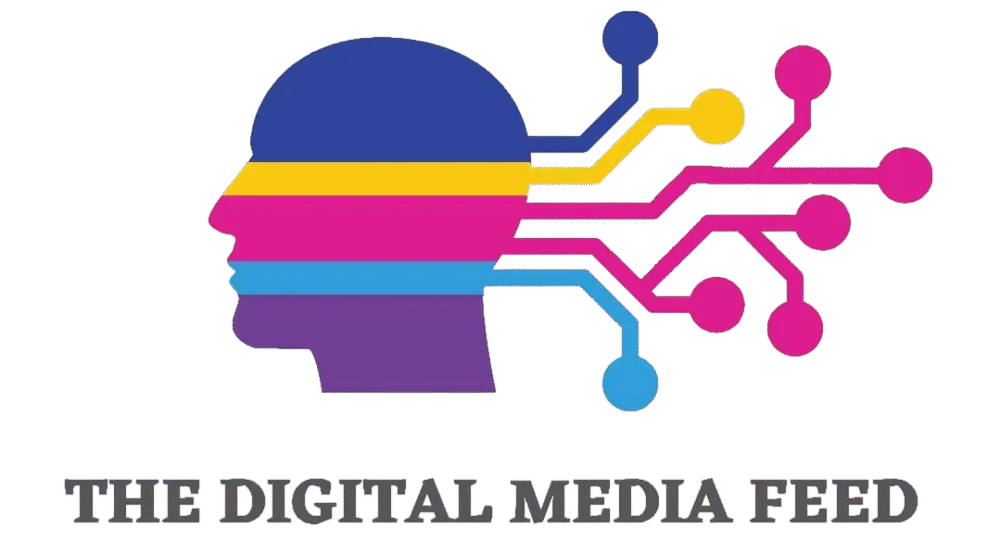The Mortal Kombat II movie is postponed to a spring 2026 release
We’ll have to wait until May to discover the fate of Earthrealm and Johnny Cage. Mortal Kombat II, the sequel to 2021’s reboot of the video game adaptation, will be pushed back from its original October 24 release date to May 15, 2026. According to a post on X from the movie’s official account, the “tournament demands a new time and place, worthy of its spectacle.” The delay goes against the trailer and promotional images that Warner Bros. and New Line Cinema already put out, but the studios may be banking on it as a way to maximize the sequel’s potential success. According to Deadline, the movie could avoid a crowded box office in October and instead perform better in a spring debut. The report added that a record-breaking red-band trailer that saw 106 million views in the first 24 hours and a strong performance in research screenings could have influenced the decision to reschedule. Impatient fans will have to wait until next year for the sequel that stars Karl Urban as Johnny Cage. The trailer revealed a plot that will revolve heavily around Cage as he joins the fight-to-the-death tournament in order to save Earthrealm. As confusing as the Mortal Kombat video game timeline is, the reboot movies could be a more approachable alternative. Starting with the Mortal Kombat movie from 2021 and leading into the upcoming Mortal Kombat II, the story could end with a third film to close out a potential trilogy, as hinted by the movies’ writer, Greg Russo. This article originally appeared on Engadget at https://www.engadget.com/entertainment/tv-movies/the-mortal-kombat-ii-movie-is-postponed-to-a-spring-2026-release-192515532.html?src=rss
